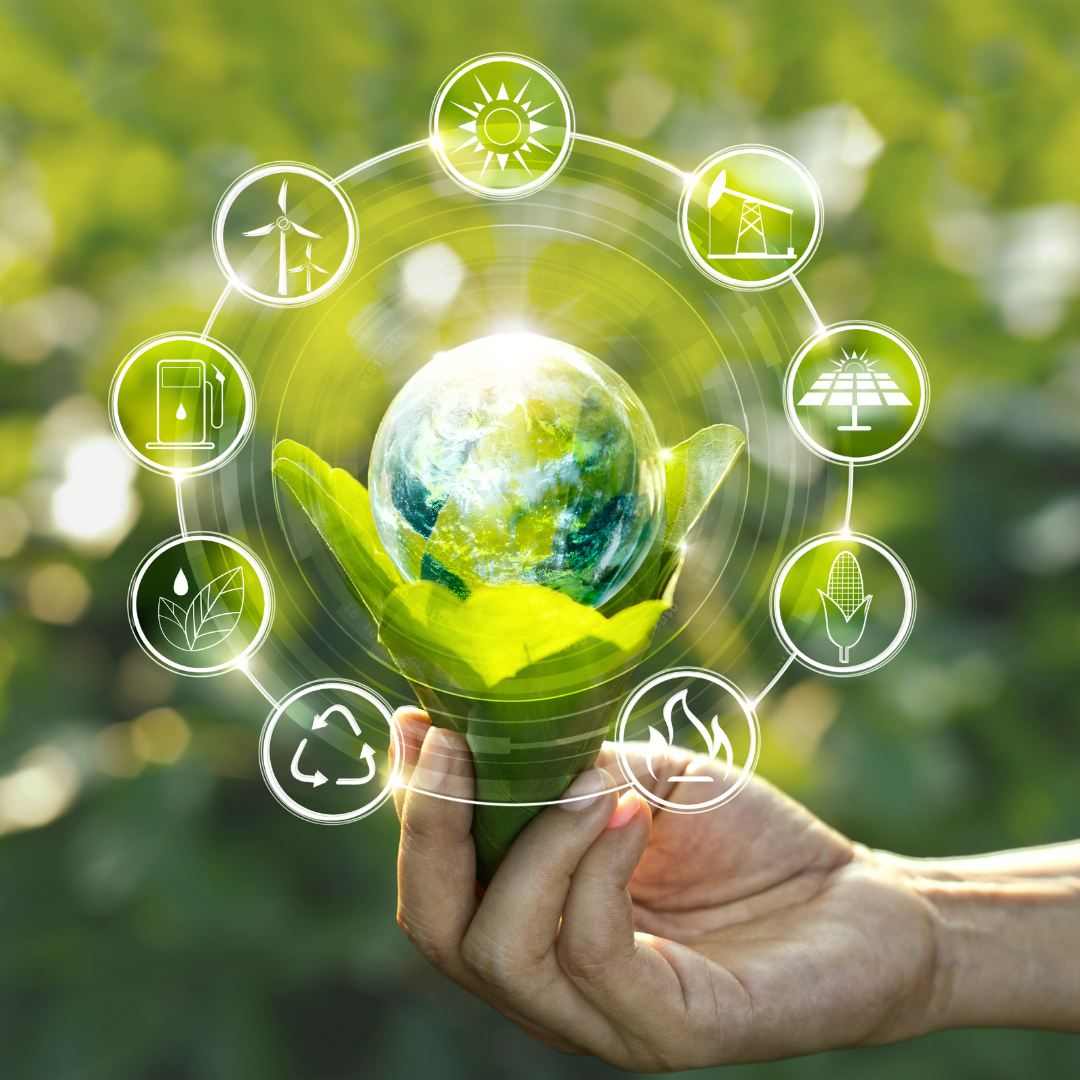Hey there, I think it is very important for everyone to know what they are buying. In my eyes, the best way is to ask brands where they are sourcing their materials from to make their garments. 100% natural cotton (as explained in our blog “Organic Vs Non-Organic Cotton”) mentions, It is not necessarily “NATURAL”. Sustainability is a word not many people think of, but it is a powerful word when you really think about it. It is a word that we should all make a conscious effort to think about, as it really helps us make decisions that could impact or otherwise help our beautiful home. Below are accreditations that you should look for.
We are happy to point out that our brand meets all the standards set out below. Our garments are of the highest quality and manufactured ethically.
-
GLOBAL ORGANIC TEXTIL STANDARD (GOTS)
 GOTS, which stands for Global Organic Textile Standard, is a leading certification program for organic fibers, ensuring the environmentally and socially responsible production of textiles throughout the supply chain. The standard was established in 2002 by four international organizations representing the organic textile industry. GOTS sets stringent criteria for both ecological and social aspects of textile manufacturing.
GOTS, which stands for Global Organic Textile Standard, is a leading certification program for organic fibers, ensuring the environmentally and socially responsible production of textiles throughout the supply chain. The standard was established in 2002 by four international organizations representing the organic textile industry. GOTS sets stringent criteria for both ecological and social aspects of textile manufacturing.
To attain GOTS certification, textiles must be made with a minimum of 70% organic fibers, derived from plants grown without the use of harmful synthetic pesticides or genetically modified organisms (GMOs). Additionally, the manufacturing processes must meet strict environmental and toxicological criteria, including the responsible use of chemicals and water, as well as the proper treatment of wastewater.
GOTS also sets specific social criteria to ensure fair and safe working conditions for textile workers. It includes provisions for workers' rights, such as the prohibition of forced and child labor, the right to collective bargaining, and safe working environments. GOTS-certified producers are required to comply with these social criteria throughout the entire production chain.
The certification process involves thorough inspection and verification by independent, accredited certification bodies. These bodies assess each stage of production, from the sourcing of raw materials to the final product, to ensure compliance with GOTS standards.
GOTS certification is highly respected in the global textile industry, and products bearing the GOTS label provide consumers with confidence that they are purchasing organic and socially responsible textiles. By choosing GOTS-certified products, consumers can support sustainable practices and contribute to a healthier planet and better working conditions for textile workers.
-
FAIRTRADE
 The Fair Trade Foundation is a non-profit organization that advocates for fair trade practices and certifies products that meet their ethical standards. Established in the UK, it works to create better trading conditions for farmers and workers in developing countries, ensuring fair prices, sustainable practices, and social development. The Fair Trade Foundation's certification ensures consumers that the products they buy, such as coffee, cocoa, and textiles, have been sourced and produced in a manner that supports the well-being and empowerment of producers and communities in the global South.
The Fair Trade Foundation is a non-profit organization that advocates for fair trade practices and certifies products that meet their ethical standards. Established in the UK, it works to create better trading conditions for farmers and workers in developing countries, ensuring fair prices, sustainable practices, and social development. The Fair Trade Foundation's certification ensures consumers that the products they buy, such as coffee, cocoa, and textiles, have been sourced and produced in a manner that supports the well-being and empowerment of producers and communities in the global South.
-
OEKO-TEX STANDARD 100
Oeko-Tex is an independent certification system for textiles that tests and certifies fabrics, garments, and other textile products to ensure they are free from harmful substances. Established in 1992 by the International Association for Research and Testing in the Field of Textile Ecology, Oeko-Tex aims to promote sustainable and environmentally-friendly practices in the textile industry.
To obtain Oeko-Tex certification, textile products are rigorously tested for harmful substances, including substances that are regulated and prohibited by law, as well as chemicals known to be harmful to human health but not yet legally regulated. The certification process considers every stage of the textile's production, from raw materials to the final product.
Oeko-Tex certification is divided into different product classes, such as Class I for baby products, ensuring the highest safety standards. Products that pass Oeko-Tex testing are labeled with the Oeko-Tex Standard 100 mark, indicating that they are safe for human health and have been produced sustainably.
Consumers who choose Oeko-Tex certified products can be confident that they are making safer and more eco-friendly choices while supporting responsible and transparent practices in the textile industry.
Consumers hold the key to transitioning the fashion industry from fast fashion to sustainable fashion by making thoughtful choices about where and from whom they make their purchases. Being selective in your buying decisions can not only benefit the environment but also improve the livelihoods of workers worldwide. It is essential to be mindful of the sources from which you buy and carefully consider whether the garment is a necessary addition to your wardrobe. By doing so, you can actively contribute to a more sustainable and ethical fashion industry, making a positive impact on both the planet and the lives of workers involved in the production process.



